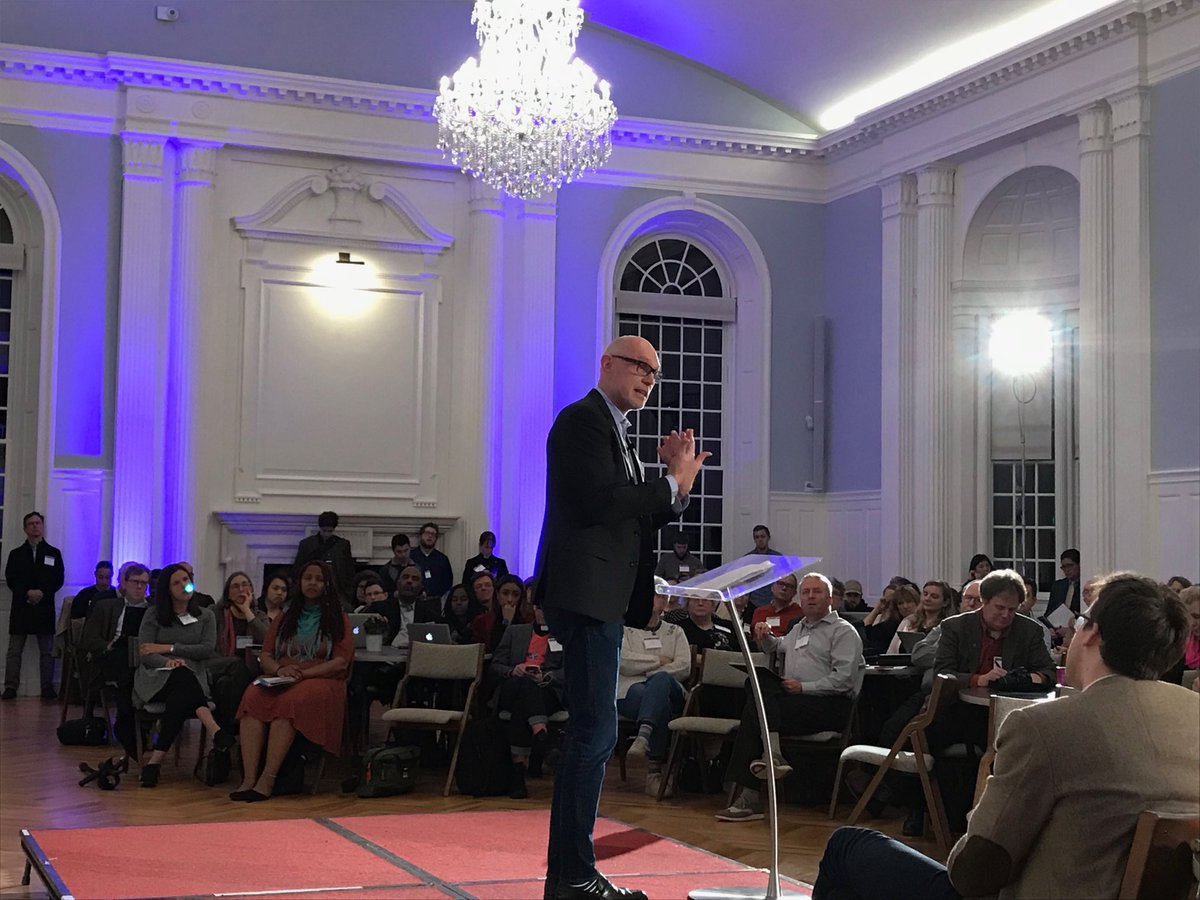
Tom Krattenmaker
Eighteen speakers, four musicians and over 180 attendees from around the country gathered last week in the Old Refectory at the Yale Divinity School for its first-ever multimedia conference on the future of Christianity.
The three-day conference, titled “Inspire: The Church in the 21st Century,” explored ways in which members of the faith community can advance their work in current issues, such as environmental protection, social justice and theological education. In contrast to traditional, lecture-style conferences, the conference featured short, 15 to 20 minute talks from professors and community members, which were followed by group discussions within the audience. But the event wasn’t limited to talking — it was also sprinkled with live musical performances and short films.
“Instead of a strictly academic conference, like how we first imagined it, we decided to make the conference a combination of academic reflection and practitioners’ perspectives,” Associate Dean for Assessment and Ministerial Studies William Goettler, who spearheaded the event, said in an interview with the News. “And when you mix that up with the arts, when there’s somebody talking and somebody else playing the cello, more happens in one’s process than just the straightforward intellectual response to the idea.”
Over the course of three days, the conference centered on six different sessions: the future of theological conversation, expansive visions for the future church, theological education, Christianity around the world, eco-theology and social transformation. Each session included three guest speakers and ended with a large group question-and-answer session and small group breakout sessions led by Divinity School students.
In the first session, to open up the conference, speakers and Divinity School professors Miroslav Volf, Willie Jennings and Teresa Berger were tasked with the question of identifying what would be the most important themes in theological conversations in the coming years. Berger, whose work focuses on liturgical studies, argued that generating lists of topics for future conversations is not what the church needs the most. Rather, she said, people should strive for minimalist practices of faith, which will allow them to see the “elemental and essential” aspects of the world.
In an interview with the News, Berger said she was struck by the diversity and engagement of the attendees in the group conversations following her talk.
“There was very much a sense that nobody was bored, and very much a sense of energy in the room that was wonderful to see,” she said. “The other two speakers and I presented very different material, and from what I saw there was already a wealth of different starting points in the discussion from the beginning.”
The lively discussion continued into the second day of the conference, when Dean of Academic Affairs Jennifer Herdt led a group discussion at the end of the eco-theology session. According to Herdt, the discussion centered on the political and human challenges of combating climate change and on the responsibilities that faith communities have to reshape people’s relationships with the natural world.
Herdt also explained that because of the conference’s “shorter, TED Talk–style” presentations, the attendees had to be more actively engaged during the group discussions.
“The design of the conference centered around the fact that the answers are not there on a silver platter from the speakers and experts,” she said. “The design was that everyone was part of coming up with the answers and that it requires creativity and an exchange of ideas. I think we really modelled that.”
Elijah Weaver DIV ’20, who took part in organizing the conference, emphasized the importance of inviting speakers with different perspectives on religion. He said he and the other organizers focused on inviting not just professors, but also practitioners who were directly engaged in the field, in order to share both “theoretical and anecdotal stories” about Christianity.
As a result, he said, the conference had a lasting emotional impact on the attendees.
“We named the conference ‘Inspire,’ and so there was a lot of inspiration by the end, but there was also a sense of urgency surrounding the issues we talked about,” Weaver said. “I think all of us left feeling that it’s time to begin working with all our effort to imagine new ways of living out the church’s calling in our world.”
Amber Hu | amber.hu@yale.edu







